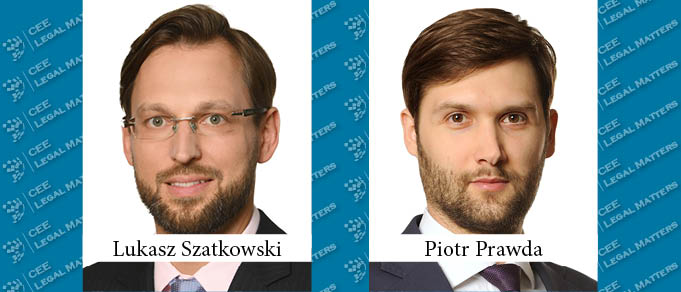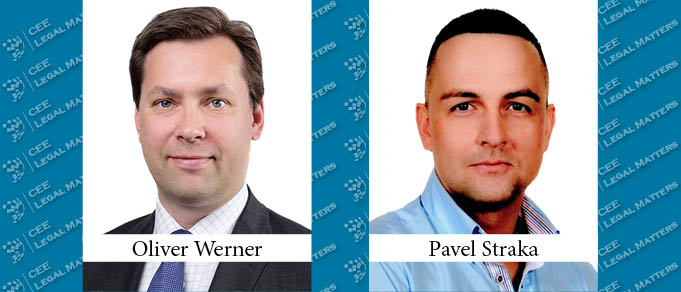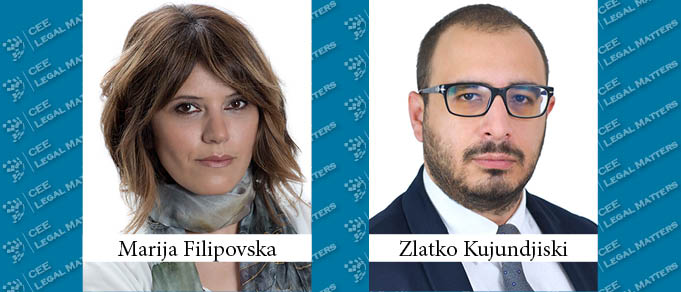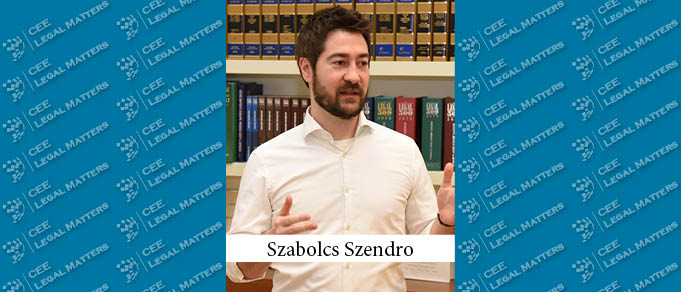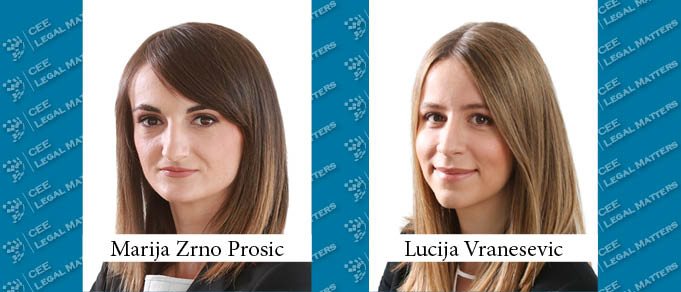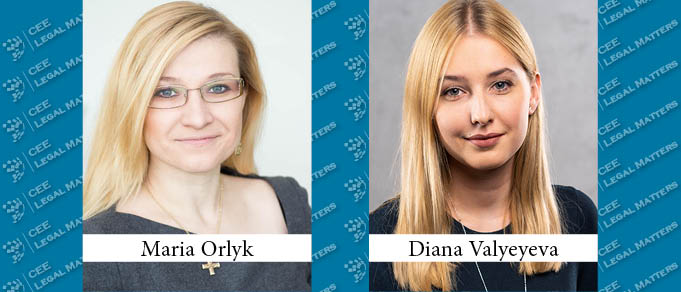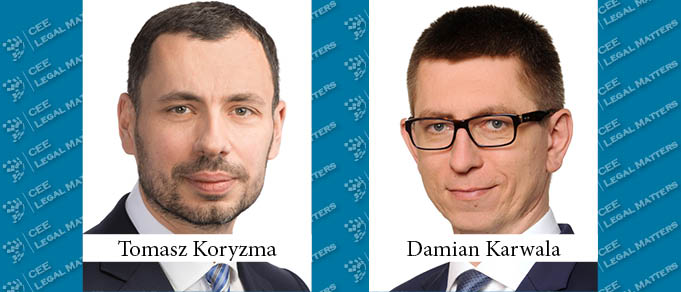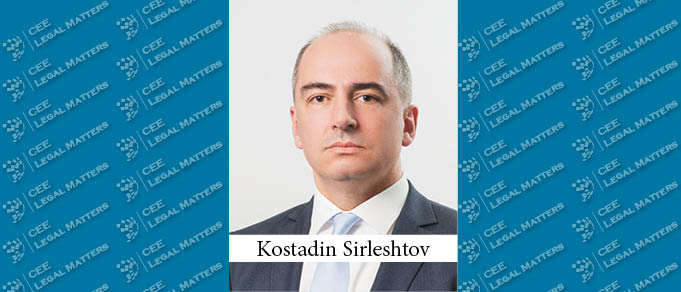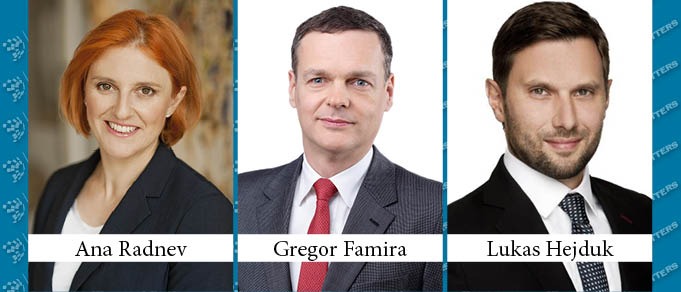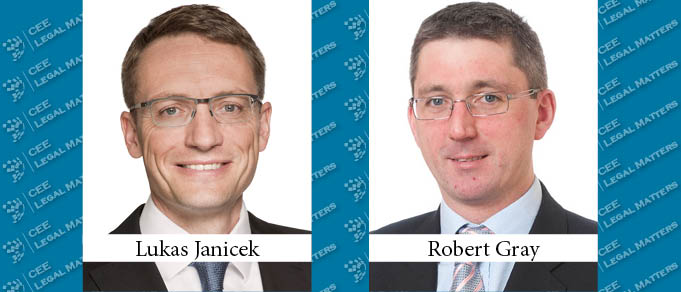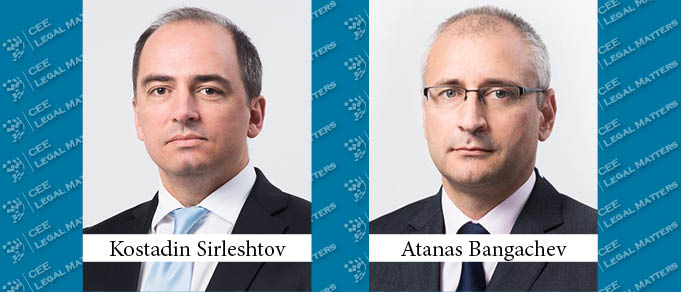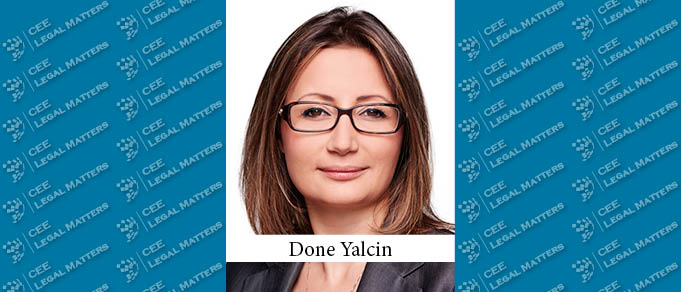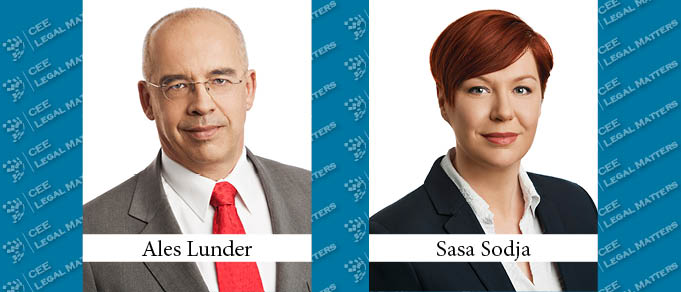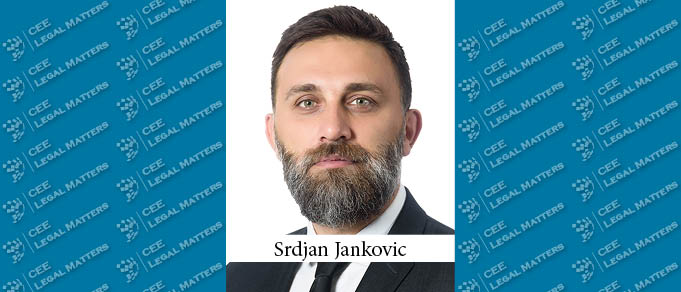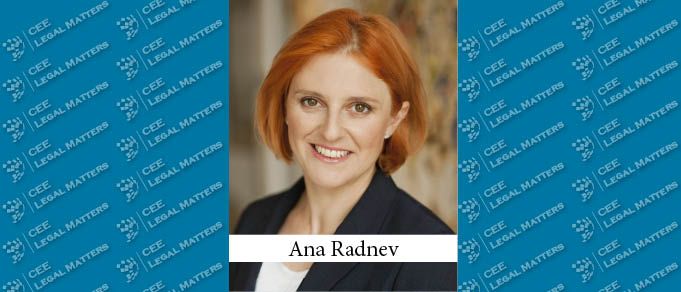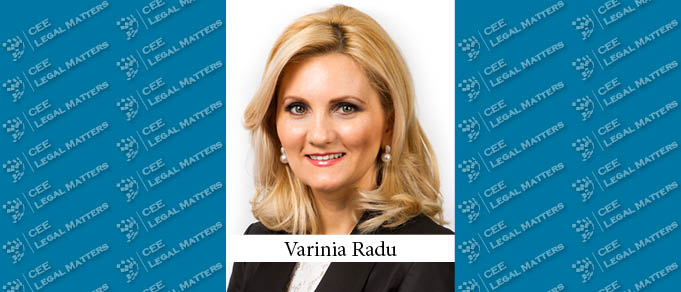In “The Corner Office” we ask Managing Partners at law firms across Central and Eastern Europe about their backgrounds, strategies, and responsibilities. With summer having just passed, the question this time: What is your one favorite yearly activity to disconnect?
The Evolving Role of Oil & Gas Companies in a Net-Zero Future – The View from Poland
After a year of unprecedented health and economic challenges, the global economy is trying to recover, and the energy transition needs to be at the heart of this. As a lifeline out of the COVID-19 pandemic, the European Union has proposed the Green Deal, which focuses on achieving zero net emissions by 2050. Can oil and gas companies also lead the transition to a net-zero future in more traditional and heavily carbonized economies, such as Poland?
New Developments in Renewable Energy Legislation in Slovakia – Focus on Photovoltaics, Wind, and Hydrogen
The year 2021 has seen several major developments in the field of green energy in Slovakia.
North Macedonia: Strategy for a Renewable Energy Future – Too Ambitious or Ambitiously Realistic?
The year 2020 proved to be positive for renewable energy in the EU. Data published by Eurostat shows an overall increase in the share of energy produced from renewable sources, and the share of renewable electricity exceeded that of electricity produced from fossil fuels.
Hot Practice: Szabolcs Szendro on CMS’s Competition Practice in Hungary
Increased awareness of competition law in the past few years, alongside the evolving legislative framework and practice on the EU level, has led to the continuous growth of CMS’s competition law practice, according to CMS Partner Szabolcs Szendro.
Croatia: Data Breaches and Employer Responsibility
To comply with the General Data Protection Regulations (GDPR), companies must have technical and organizational measures in place to protect personal data. In light of the recent decision of the Croatian Personal Data Protection Agency (AZOP) against a leading local security company, one measure that requires closer scrutiny is the prevention of data breaches by employees. What happens if, regardless of various security measures, a careless employee commits a data breach? Will the company be liable for a breach committed by its employee?
Ukraine: The Pandemic’s Impact on Personal Data Protection – What Regulations Remain Relevant?
The COVID-19 pandemic has triggered substantial social changes and a seemingly never-ending rollercoaster of legislative amendments and re-adoptions. Both social and legislative changes occurred in the Employment Sector, inevitably including the sphere of Personal Data Protection (PDP).
GDPR Enforcement Trends in Poland
The challenges arising from the protection of personal data are countless and inescapable in our landscape. Three years after the GDPR came into force, some clear trends can be seen on the Polish market, from which a set of good enforcement practices may be derived.
Inside Out: Arkad’s Completion of the Balkan Stream Gas Pipeline in Bulgaria
On December 31, 2020, CEE Legal Matters reported that CMS had advised contractor Arkad on the completion of the Balkan Stream Gas Pipeline project. We reached out to CMS Sofia Managing Partner Kostadin Sirleshtov for more information about the deal.
Financial Restructuring and Consolidation in the Hotel Sector in CEE
Few global industries have been as strongly affected by the COVID-19 pandemic as the hotel industry. All over the world, chains and bespoke hoteliers have had to face the impact of travel restrictions on bookings, in most cases leading to dire falls in occupancy rates and, subsequently, income. Now that the pandemic has been wreaking havoc for over a year, how is the hotel industry in CEE coping, and what options do hoteliers have? We spoke with three CMS Partners – Ana Radnev, Gregor Famira, and Lukas Hejduk – to get their opinions on the current situation and outlook on the future of the sector.
Deal Expanded: Interview with CMS on 2020 DOTY for the Czech Republic
CMS’s Lukas Janicek and Robert Gray Talk About The Deal of the Year in The Czech Republic.
Deal Expanded: Interview with CMS on 2020 DOTY for Bulgaria
CMS’s Kostadin Sirleshtov and Atanas Bangachev Talk About The Deal of the Year in Bulgaria.
Turkey: Life Sciences and Waste Management in Turkey in the Pandemic Era
As a large country with a population of over 82 million and a comprehensive public and private healthcare system designed to provide an accessible and equitable medical service to each and every person living in Turkey, the potential for every life science-related sector in the country could easily be deemed as advanced.
Slovenia: The Implications of the MDR to Slovenia’s MedTech Community
On May 26, 2021, the EU’s new Medical Device Regulation came into force, significantly changing the applicable regime, including – of particular interest to the dynamic Slovenian MedTech start-up community – by providing a new definition of software applications that need to be certified as medical devices.
Serbia: Confidentiality in Managed Entry Agreements Under Serbian Law
Managed Entry Agreements consist of various forms of confidential arrangements between pharmaceutical companies and paying healthcare systems that aim to facilitate access to new technologies in public healthcare systems. MEAs make innovative and costly medicines or medical technologies affordable to patients by providing conditional access to a reimbursement system for a limited period and on balanced terms.
Post-Pandemic Rebound – Boards Taking the Lead in Financial Restructuring
We are now one year on from the first lockdown, and although many worried in the early days of the pandemic that Romania’s court system might not be able to cope with the large number of insolvencies that were expected, in fact the highly-anticipated wave of restructurings is yet to happen, as the debt moratorium which was enacted and then extended and the availability of the state aid package as well as the generally supportive approach of the lenders have helped companies manage their debt service and need for liquidity. While there is no shortage of funding, the uncertainty of the lockdown period and its impact on future developments have resulted in more amend-and-increase or amend-and-extend transactions, with borrowers adding to their existing lender groups rather than seeking a full refinancing.
How is Romania Preparing for a New Wave of Investment in the Renewables Sector?
Economic, policy, and legislative factors have revived investors’ interest in Romania’s renewables sector over the last year. As the second-largest market in Central and Eastern Europe, Romania managed to attract about EUR 8 billion in renewables investments in the first wave from 2008-2016 – mainly in solar (over 1.5 GW) and wind (over 3 GW) – benefitting from the green certificate support scheme, although Romania reached its 2020 target for green energy and investments slowed down significantly over the last five years.
Romania Rebounding: A CEELM Round Table
On April 8, 2021, CEE Legal Matters sat with senior partners from four of Romania’s leading law firms for a Round Table conversation.


